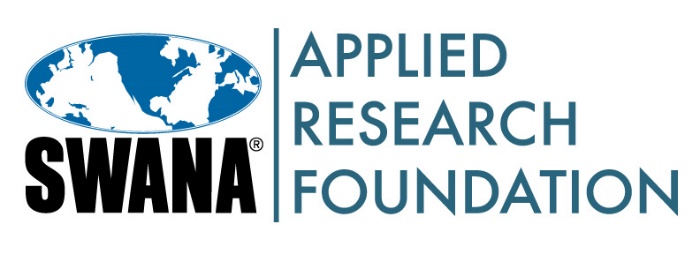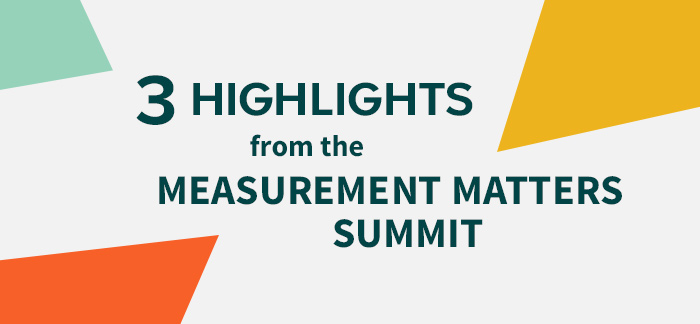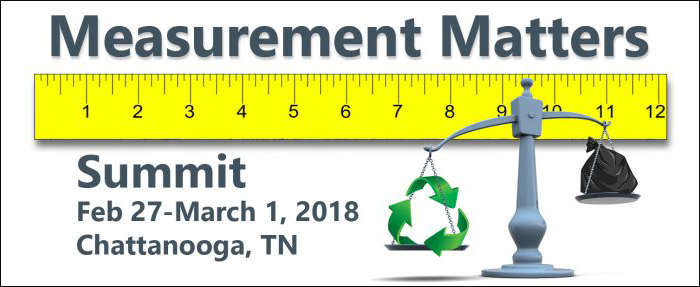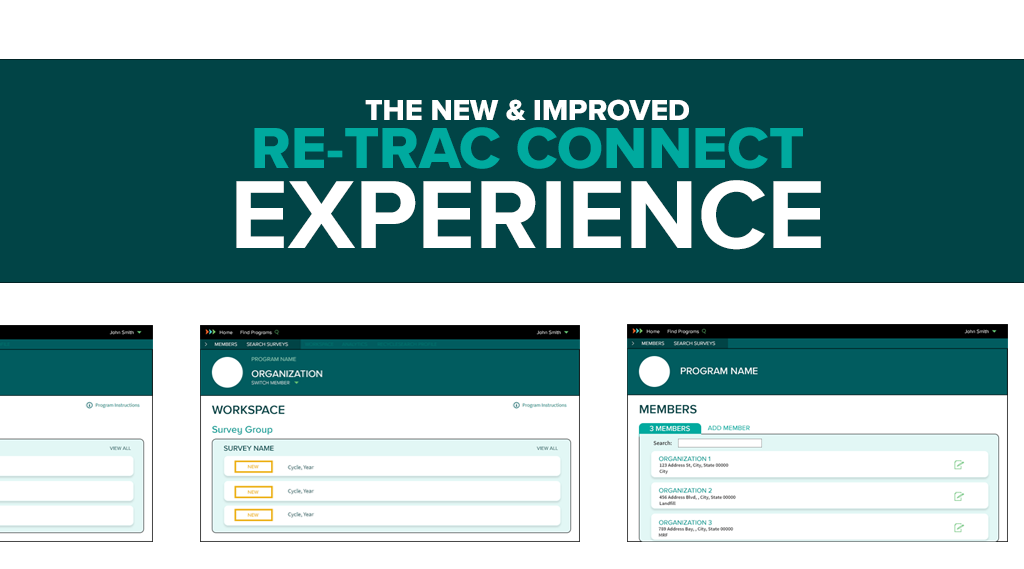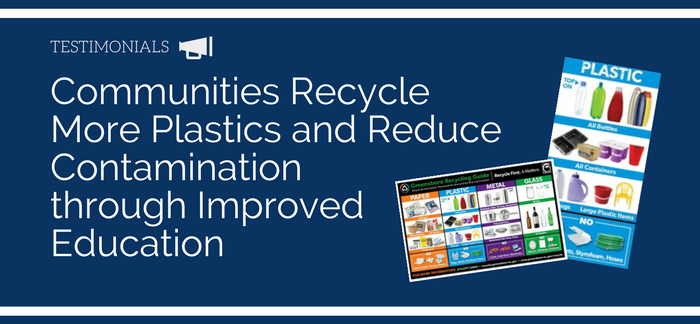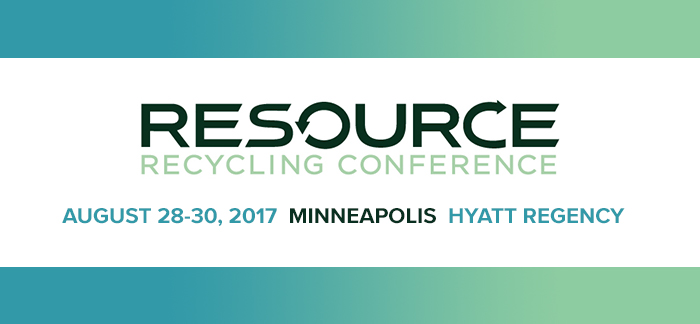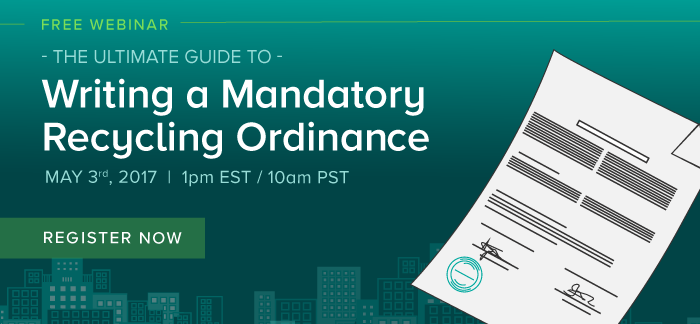Benchmarking the Performance and Costs of MSW Landfills
Guest post by: Jeremy K. O’Brien, P.E., Director of Applied Research, SWANA
In 2017, the SWANA Applied Research Foundation conducted a benchmarking project to develop and analyze solid waste landfill performance data. SWANA surveyed 61 Municipal Solid Waste (MSW) landfills to collect performance and cost benchmarking data. The goal was to standardize benchmark parameters and protocols to facilitate fair comparisons among the benchmarked landfills. As a result, the SWANA MSW Landfill Benchmarks Database is positioned to become the industry reference for MSW landfill owners and managers across the United States and Canada. In fact, Re-TRAC Connect’s Facility Reporting solution may well benefit from this valuable landfill benchmarking data.
